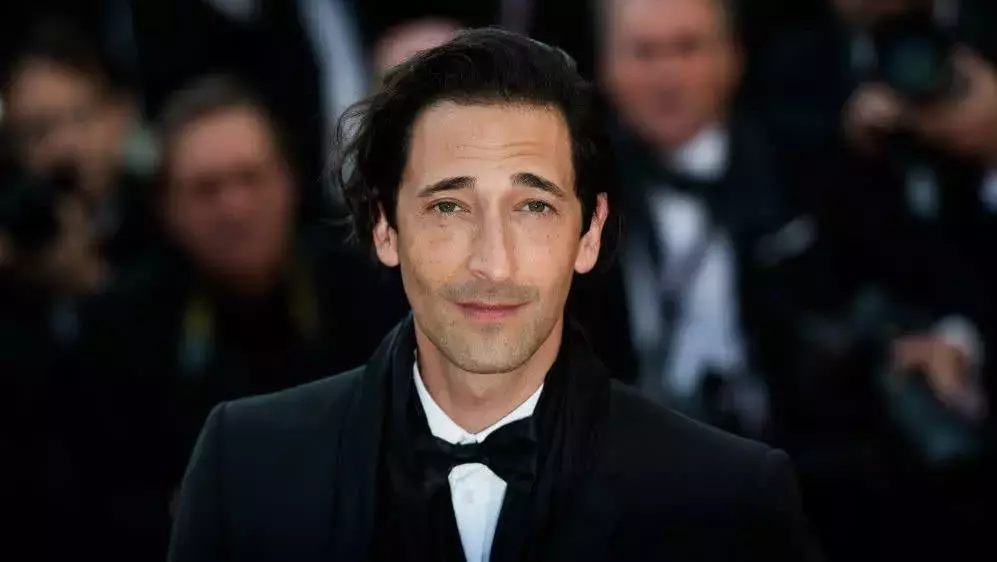
The film industry is grappling with a new wave of technological advancements as exemplified by Brady Corbet’s epic production, The Brutalist. This cinematic masterpiece, renowned for its expansive narrative and striking visuals, has sparked discussions about the integration of artificial intelligence in filmmaking. The story revolves around László Tóth, a Hungarian Jewish architect who endures the horrors of a Nazi concentration camp before immigrating to America post-WWII. His life becomes intertwined with that of a prominent businessman, weaving a complex tale of survival and ambition. Shortly after receiving multiple Oscar nominations, it was revealed that the film utilized AI to enhance the authenticity of the actors' accents. According to Dávid Jancsó, the film editor, the Ukrainian company Respeecher was employed to achieve this effect, ensuring the characters sounded genuinely Hungarian. Additionally, AI played a role in generating architectural blueprints featured in the film.
Amidst these revelations, Hollywood is facing a pivotal moment regarding the use of AI technology. Variety reports that the Academy of Motion Picture Arts and Sciences is considering mandatory disclosure rules for AI usage in films. Currently, an optional form exists for such disclosures, but there are plans to make this requirement obligatory for the 2026 Oscars. The debate surrounding AI in the film industry highlights both opportunities and challenges. While some view AI as a tool that can expedite and enhance the creative process, others express concerns about its ethical implications and potential overreliance. Jancsó advocates for open dialogue on AI’s capabilities, emphasizing that it should be seen as a means to achieve greater efficiency without compromising artistic integrity. As Hollywood continues to explore the boundaries of AI, the focus remains on balancing innovation with preserving the human touch that audiences cherish.
The emergence of AI in filmmaking presents an opportunity to rethink how stories are told and experienced. By embracing these technologies responsibly, the industry can unlock new possibilities while maintaining the essence of storytelling. It is crucial for filmmakers and industry leaders to engage in thoughtful discussions about the role of AI, ensuring that it serves as a complement rather than a replacement for human creativity. As we move forward, the key lies in fostering a harmonious blend of tradition and innovation, ultimately enriching the cinematic experience for all.
